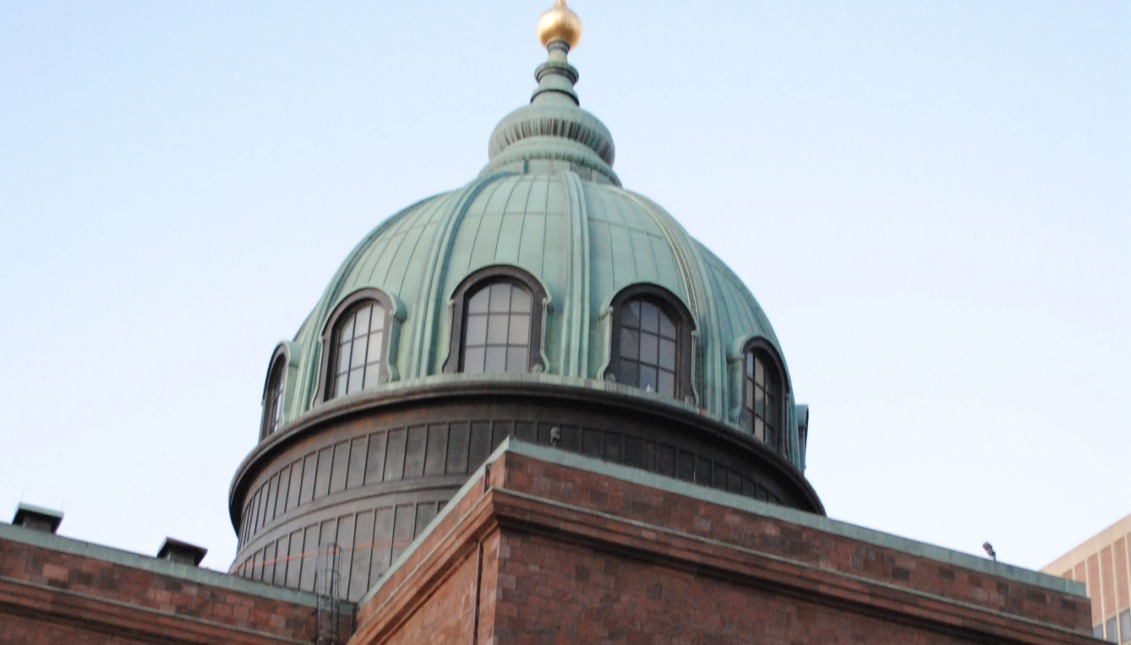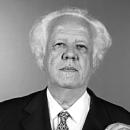
Will the Philadelphia Catholic Church follow synod’s lead?
MÁS EN ESTA SECCIÓN
There is lots of buzz this week about the document the Catholic Church’s Extraordinary Synod of the Bishops released Monday.
The document — relatio post disceptationem — posits a roadmap for futher discussion of some of ordinary Catholics’ realities and concerns, especially those of divorced Catholics, of cohabiting couples and of LGBT Catholics.
The document’s impact (which has been described by at least one veteran Catholic journalist as “an earthquake”) comes from a radical shift in language. To wit (emphasis ours):
“Homosexuals have gifts and qualities to offer to the Christian community,” a passage under the subheading ‘Welcoming homosexual persons’ begins. “Are we capable of welcoming these people, guaranteeing to them a fraternal space in our communities? Often they wish to encounter a Church that offers them a welcoming home. Are our communities capable of providing that, accepting and valuing their sexual orientation, without compromising Catholic doctrine on the family and matrimony?”
Compare this to Pope Benedict XVI’s language (issued in a letter when he was cardinal): “Although the particular inclination of the homosexual person is not a sin, it is a more or less strong tendency ordered toward an intrinsic moral evil...”
A change in the Church’s language doesn’t signal a change in the Church’s doctrine, of course, but it signals something of almost equal importance — an opening (at the highest reaches) to dialogue.
While Catholics in the pews have sometimes found individual pastors and religious workers open to real dialogue with LGBT Catholics, the bishops and archbishops have been in monologue with themselves. This has been reflected in both in the destructive language they’ve so often chosen to use, and their refusal to listen to LGBT Catholics directly.
The result of is that the Church has lost a whole generation of young Catholics — both LGBT and not — who see it as wholly incapable and unwilling to either listen or speak to them specifically. Many of those Latinos are like Lisbeth Meléndez Rivera, director of Human Rights Campaign’s Latino/a and Catholic Initiatives, who believe LGBT Catholics have a rightful place in the Church.
The promise of the Synod, is prompting the HRC and Meléndez Rivera to join other LGBT Catholics and supporters in vigils and rosary prayers in seven cities, including Philadelphia.
“We pray that our U.S. representative in Rome, Archbishop Joseph Kurtz, listens to our voices and sees the value of recognizing and including all families in the Catholic fold,” Meléndez Rivera said in an HRC statement. “On behalf of all of those who have been excluded from the Church — from the LGBT faithful and divorced families, to those who have been fired for simply being who they are — we will offer them Holy Mary’s wisdom and God’s clarity.”
The vigil tour, titled Pray, Listen, Discern — Raising the Voices of LGBT Catholics, started Oct. 6 in San Francisco, and was held on subsequent days in St. Paul, Chicago, Springfield, Cincinnati and Baltimore. Those touring will be in Philadelphia Oct. 17 at 6 p.m. holding their vigil outside the Cathedral Basilica of SS. Peter and Paul.
We don’t think the HRC or Meléndez Rivera believes Archbishop Charles Chaput will be particularly receptive to their desire for dialogue. But perhaps ... in the spirit of the Synod?






DEJE UN COMENTARIO:
¡Únete a la discusión! Deja un comentario.